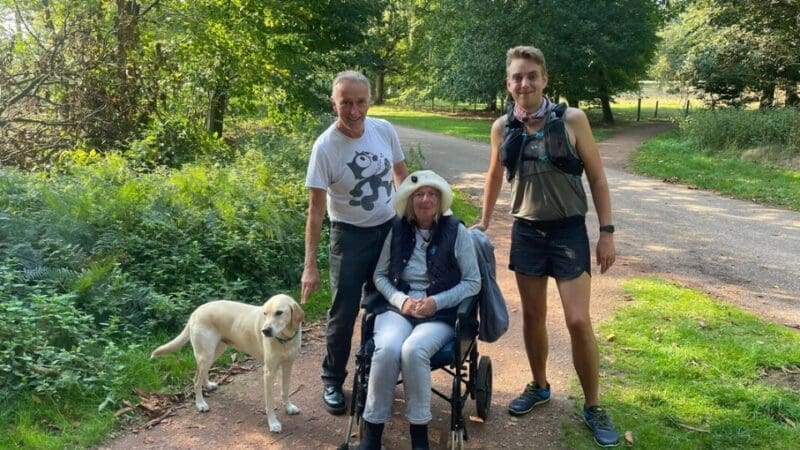The person may not understand that their behaviour has changed, and that other people find it inappropriate.
Sometimes disinhibited behaviour results from the person misinterpreting other people’s actions – for example, if a carer is performing personal care, they may interpret it as sexual contact.
Changes in sexual behaviour may be an expression of the person’s need for closeness and affection that they are struggling to communicate.
Dementia may also cause the person to mistake other people’s identities and behave in a sexually inappropriate manner. They may believe that another person is their partner, or forget that they have a partner and initiate intimate contact with someone else.
Sometimes, the person’s behaviour may be misinterpreted by others – for example, trying to undress or touching their genitals could indicate needing the toilet, feeling too hot or cold or being in discomfort, rather than a sexual act.
Problems may also arise because of:
- other people’s prejudices about dementia
- misunderstandings, eg the person not understanding that their partner is not consenting to sex
- ageism – the belief that older people are not interested in sex
- judgements about the person’s sexual preferences and gender identity, for example if they identify as LGBT+ and show attraction to people of the same sex
- lack of privacy, for example in a care home



